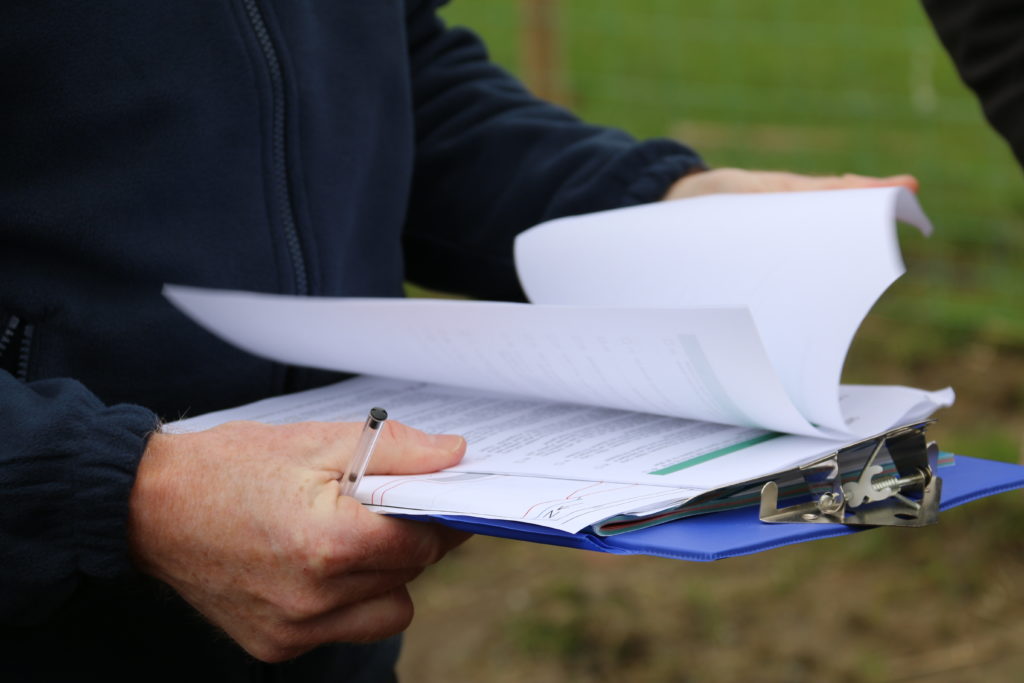The Department of Agriculture, Food and the Marine has been called on to temporarily suspend on-farm inspections in view of the urgency of minimising the risk of spreading Covid-19 by the Irish Cattle and Sheep Farmers’ Association (ICSA).
Social distancing
Calling on the department to make such changes, ICSA president Edmond Phelan said:
“As the testing programme for Covid-19 is very limited at the moment, a farmer cannot be confident that an inspector is not infected and an inspector cannot be confident that a farmer is not infected.
It must be obvious that inspectors moving from farm to farm and interacting closely with farmers whether it is in relation to signing reports or restraining stock breaches the whole principle of social distancing.
“Moreover, the older age demographic means that farmers are a particularly vulnerable cohort of people in terms of the Covid-19 impact.”
Phelan highlighted that the majority of inspections regarding land eligibility can be done remotely anyway and the department can use the Animal Identification and Movements (AIM) system to monitor most of the risk areas.
“Regarding tag loss, farmers can demonstrate that they have ordered replacement tags,” he added.
The ICSA is also calling for the suspension of on-farm Bord Bia inspections. The Quality Assurance inspections are particularly unsustainable as they last for a few hours and involve a lot of interaction with the farmer, which is often carried out in the farmers’ kitchen.
The president argued that there is a lot of scope for a desk-based audit to be done which could cover areas such as animal remedies, health and safety statements and so on.
6-month extensions
He added that his organisation is of the view that, in light of the Covid-19 threat, six-month extensions should be granted to farmers who pass a desk-based exercise.
“It is clear that the very intrusive nature of a QA inspection cannot be consistent with the objectives of minimising social contact and it is urgent that this is faced up to by Bord Bia sooner rather than later,” he argued.
In these unprecedented times, farmers are still working 24 hours-a-day, caring for their stock and producing food that will ultimately keep the country fed. They are operating on the front line and must be supported in any way possible.
“Farmers are willing to work with the department to ensure the highest standards are maintained, but we must do this in a way that protects and supports hard working farm families,” Phelan concluded.
